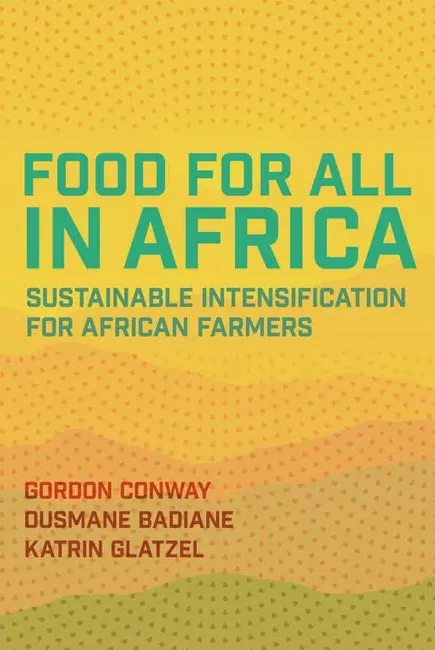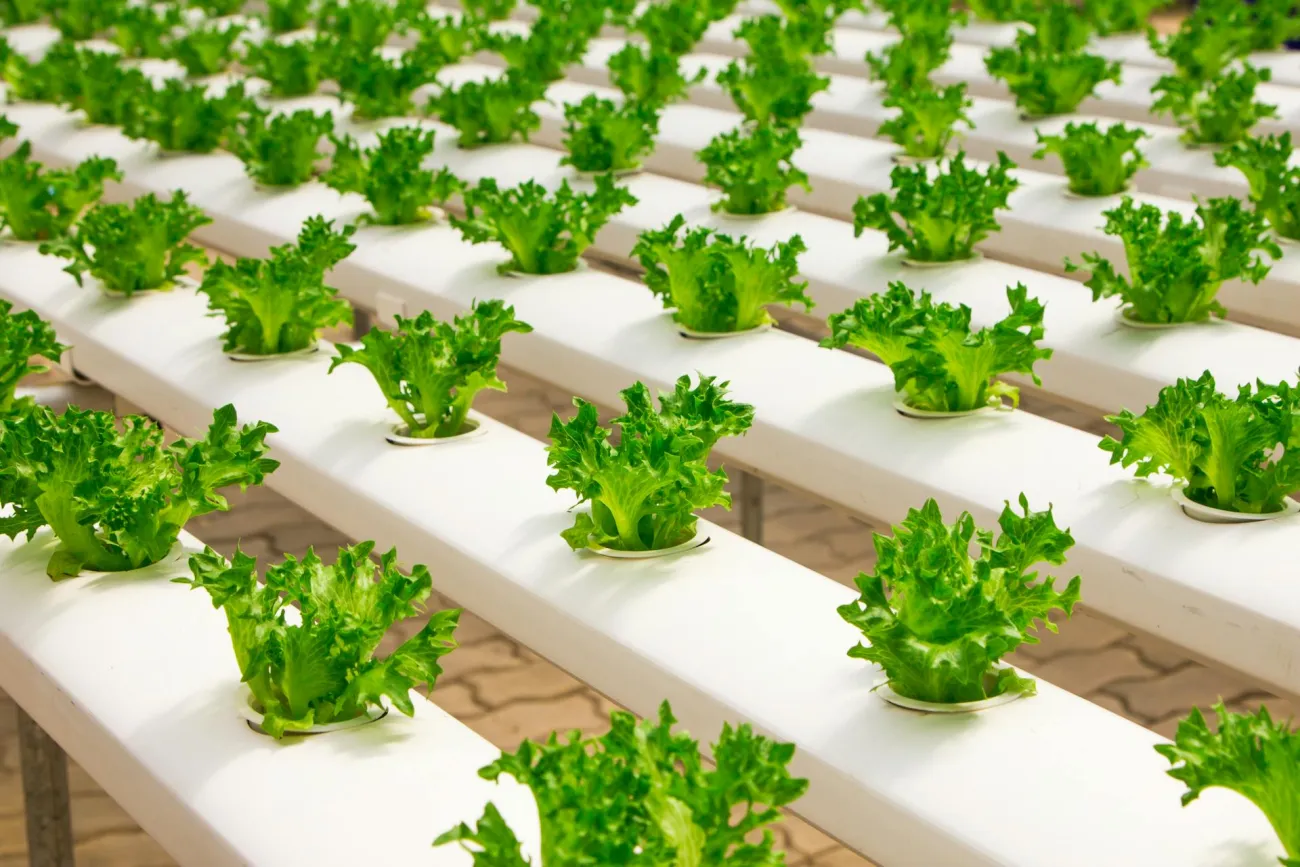The book Food for All in Africa: Sustainable Intensification for African Farmers argues that the way forward for African agriculture is to produce greater yields with fewer inputs such as fertilisers and pesticides.

Publisher’s summary
Africa requires a new agricultural transformation that is appropriate for Africa, that recognizes the continent's diverse environments and climates, and that takes into account its histories and cultures while benefiting rural smallholder farmers and their families.
In this boldly optimistic book, Sir Gordon Conway, Ousmane Badiane, and Katrin Glatzel describe the key challenges faced by Africa's smallholder farmers and present the concepts and practices of Sustainable Intensification (SI) as opportunities to sustainably transform Africa's agriculture sector and the livelihoods of millions of smallholders. The way forward, they write, will be an agriculture sector deeply rooted within SI: producing more with less, using fertilizers and pesticides more prudently, adapting to climate change, improving natural capital, adopting new technologies, and building resilience at every stage of the agriculture value chain.
Food for All in Africa envisions a virtuous circle generated through agricultural development rooted in SI that results in greater yields, healthier diets, improved livelihoods for farmers, and sustainable economic opportunities for the rural poor that in turn generate further investment. It describes the benefits of digital technologies for farmers and the challenges of transforming African agricultural policies and creating effective and inspiring leadership.
Food for All in Africa demonstrates why we should take on the challenge and provides ideas and methods through which it can be met.
Reference
Conway, G., Badiane, O. and Glatzel, K., 2019. Food for All in Africa: Sustainable Intensification for African Farmers. Comstock Publishing Associates, Ithaca.
Read more here. See also the Foodsource Building Block What is sustainable intensification?




Comments (0)